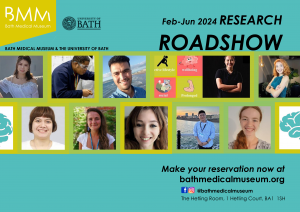Bath’s 2,000-year history of wellbeing, from Roman times to the present day, is symbolised by its timeless thermal spa and hot springs. Bath’s archaeology reveals how the Romans understood wellbeing: the hot waters soothed their aches and pains, and the baths also became a place for connecting and socialisation.
At Bath Medical Museum, volunteers leading our weekly wellbeing sessions draw from global practices to foster resilience and happiness. Recognising the significance of social connection, our conference activity offers a glimpse into these sessions.
Utilising accessible materials, we blend traditions: Buddhist gratitude practices, Roman notions of letting go, and Japanese origami symbolism for hope. Through mindfulness and stress reduction, we aim to cultivate inner peace and positivity.
We invite you to join our our weekly well-being sessions. Museum visits, keeping mentally and physically active in the company of others can help with stress reduction.
Date & time: Every Tuesday at 14:00-16:00
Venue: The Hetling Pump Room
February – June, 2024
Research Roadshow by Bath Medical Museum & The University of Bath:
Please click on article featured in the University’s Community newsletter to learn more.
In collaboration with the University of Bath, a spring series of short talks about various aspects of medical research have come to an end. Thank you very much for your generous support.
20th Jun, 2024
Language and Chips: Unlock the Power of a Chatty Classroom:
The interactive talk has come to an end, and we thank you for your generous support and contribution.
27th, 29th, 31st May, 2nd Jun, 2024
Unlock Your Wellbeing at The Beazer Garden Maze:
We were received with enthusiasm from a group of 3rd year students, one teaching staff who specialises in public health and one staff member.


13th & 14th February, 2024
Well-being, Health and Heritage:
BMM participated in ReBalance Bath: Festival of Wellbeing, organised by Bath BID. We hosted a series of public events throughout the festival at the Hetling Room, featuring the art of the Japanese tea ceremony, and Georgian High Society and Wellbeing with Lady Hetty Hetling. Thank you very much for all of your participation and support!
10th – 25th February, 2024
Enabling the Less Abled:
Bath Medical Museum collaborated with Designability and researchers at the University of Bath to present a small-scale yet highly significant and enlightening exhibition showcasing the importance of creating supportive environments and aids to promote ‘Wellbeing’ and ‘Wellness’ for everyone.
The event has come to an end, and we thank you for your generous support and contribution, which have made it a huge success.

Thank you for your participation in this mystery trail.
Trail answer sheet print (A4 double sided)
Preview of trail: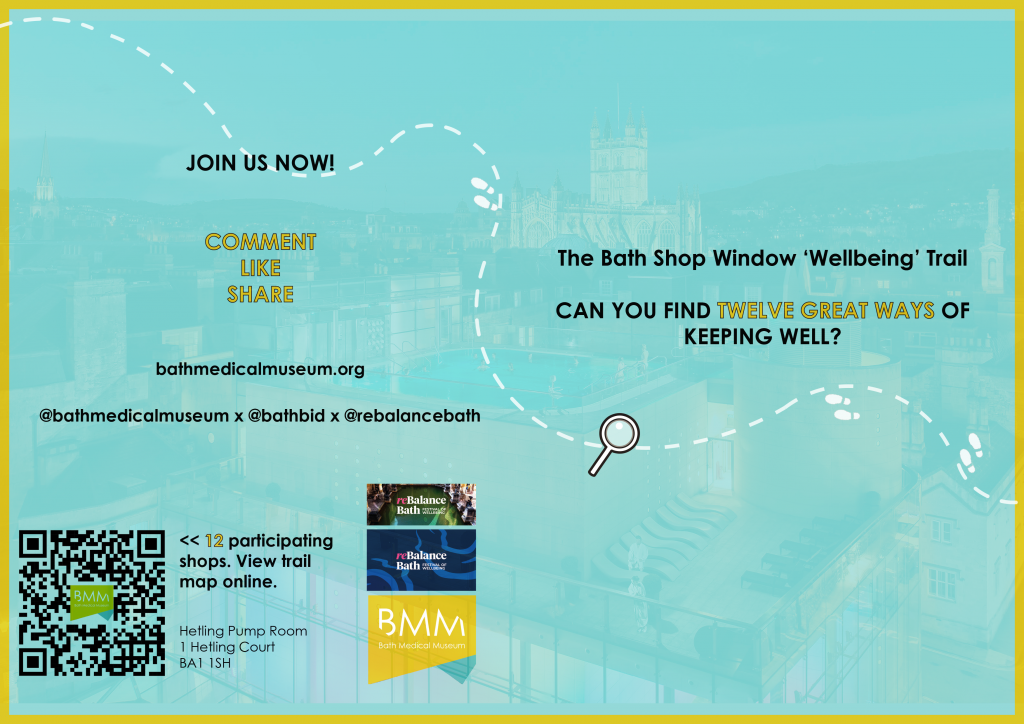
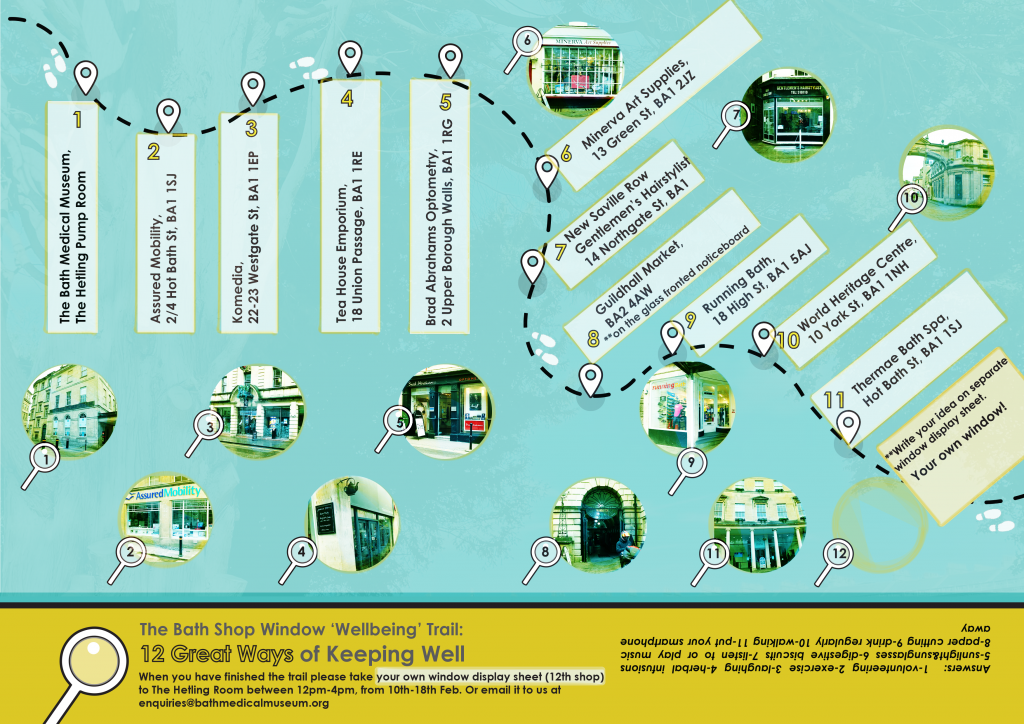
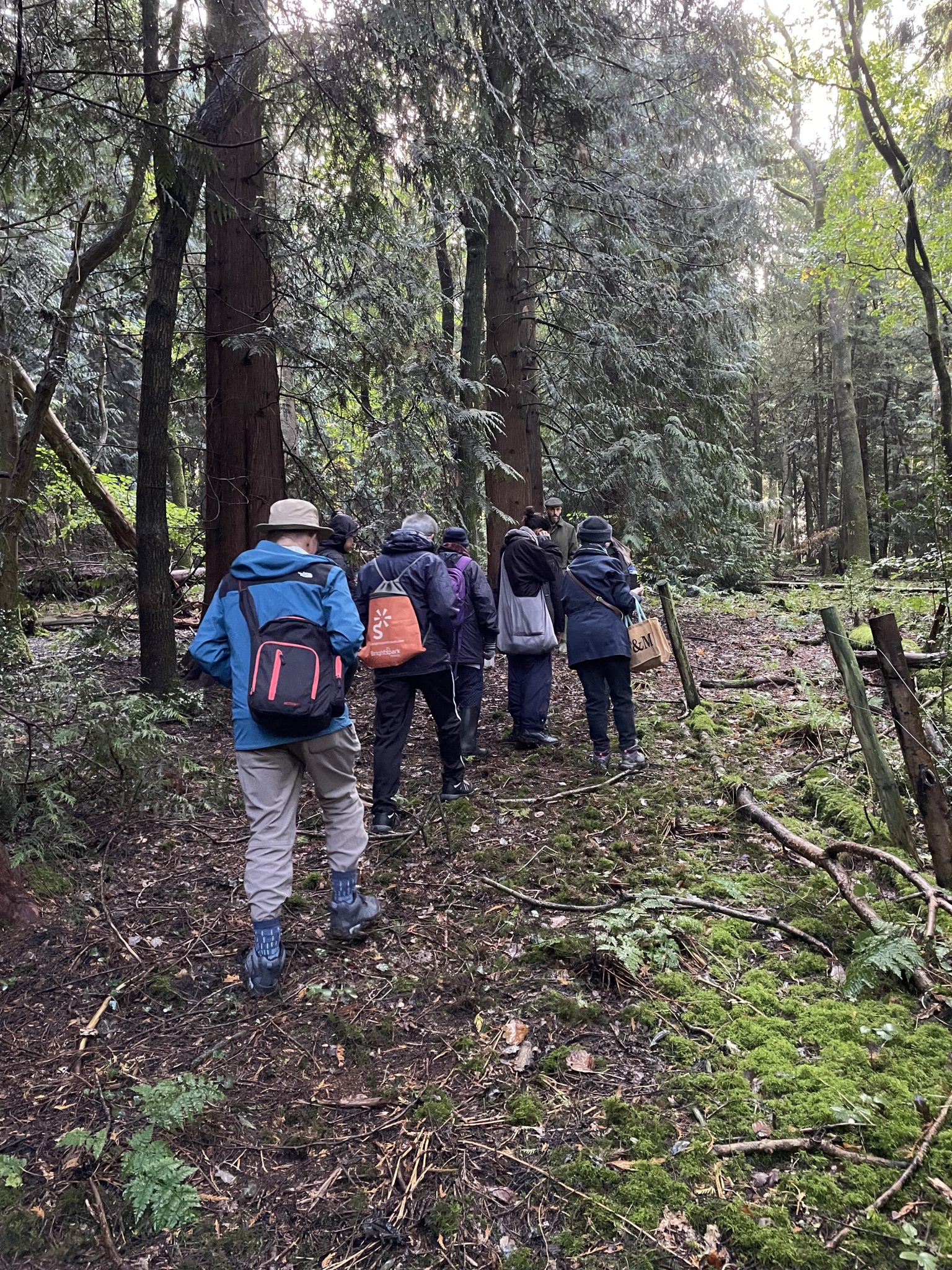
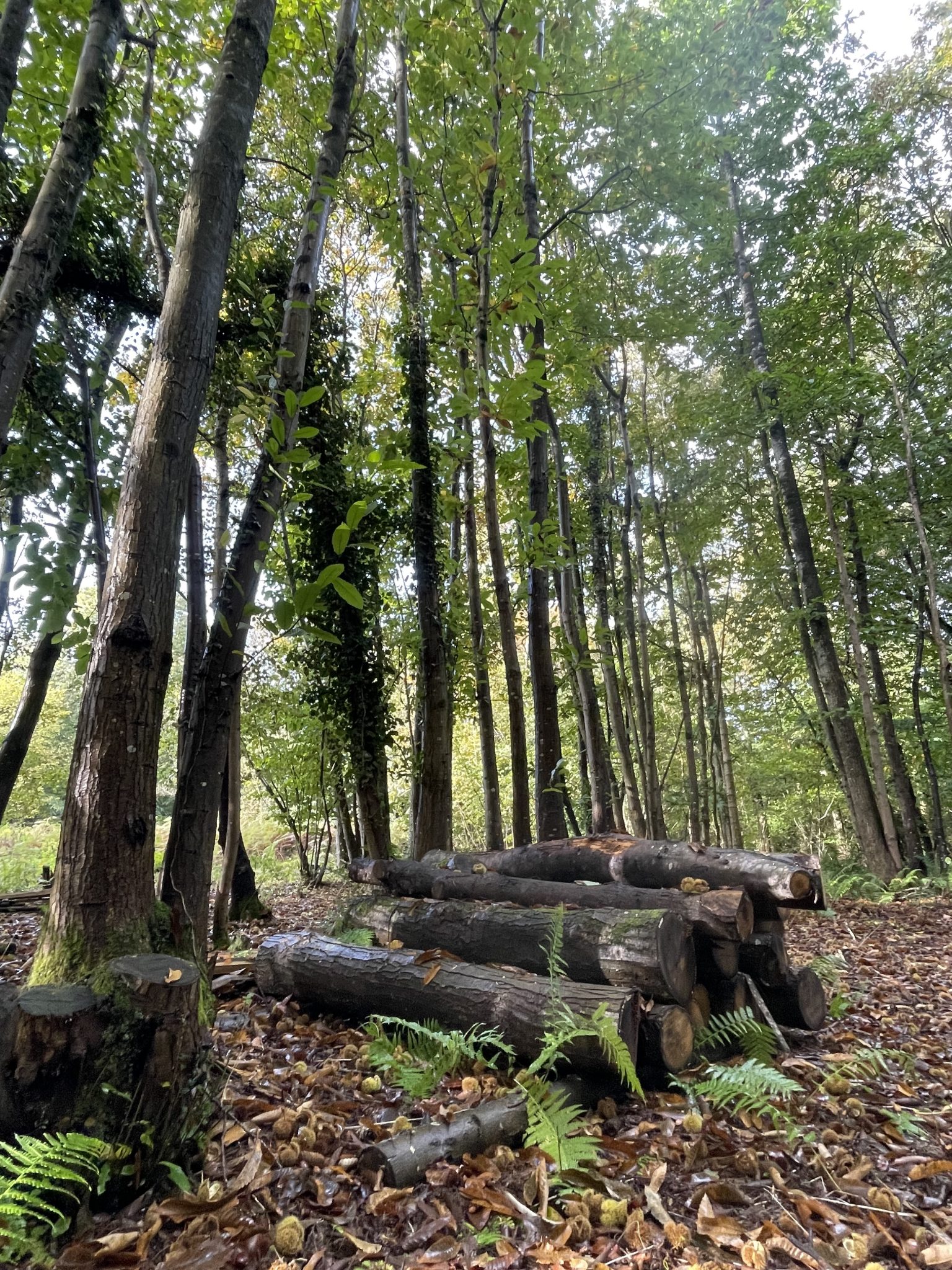
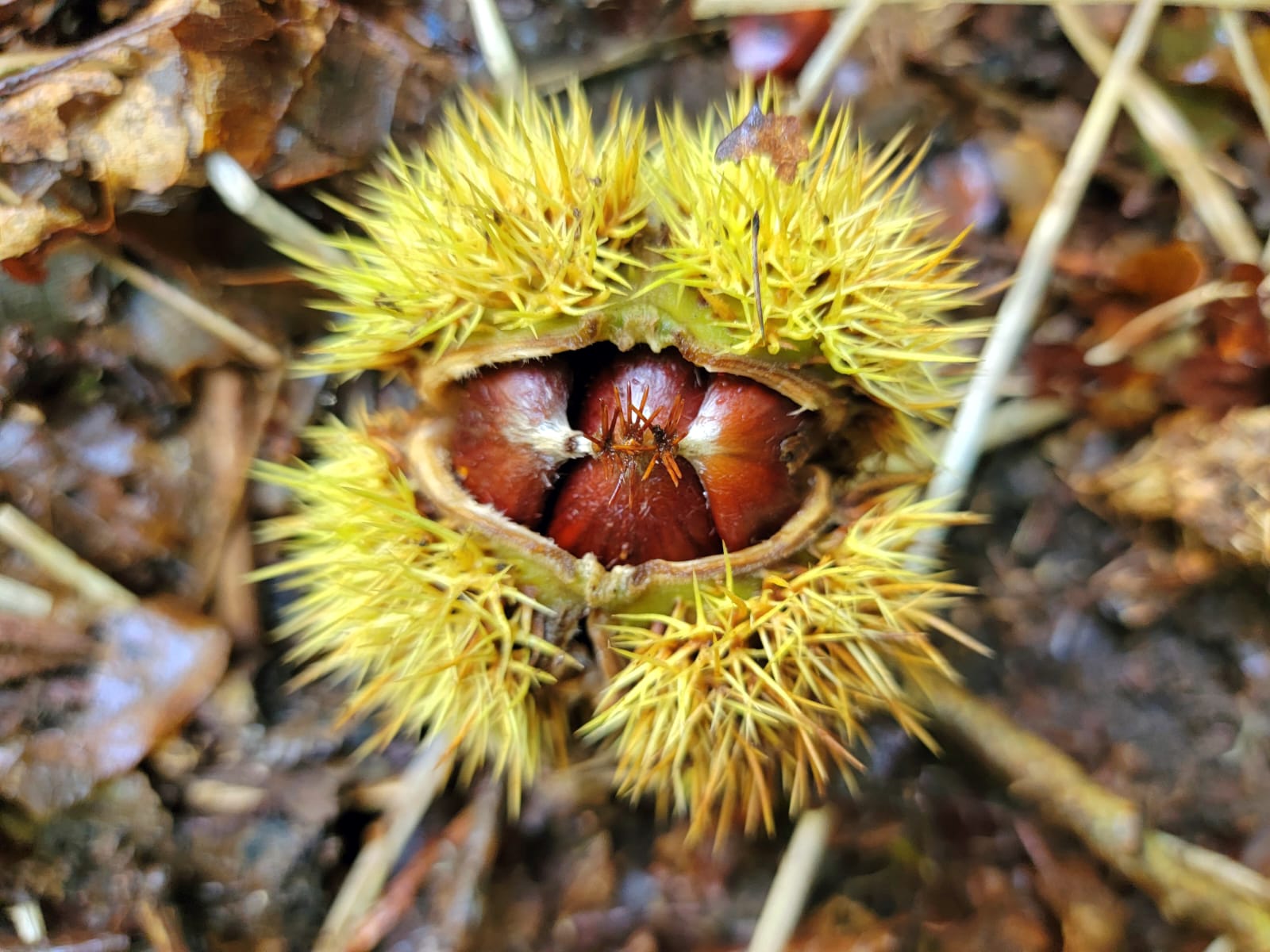
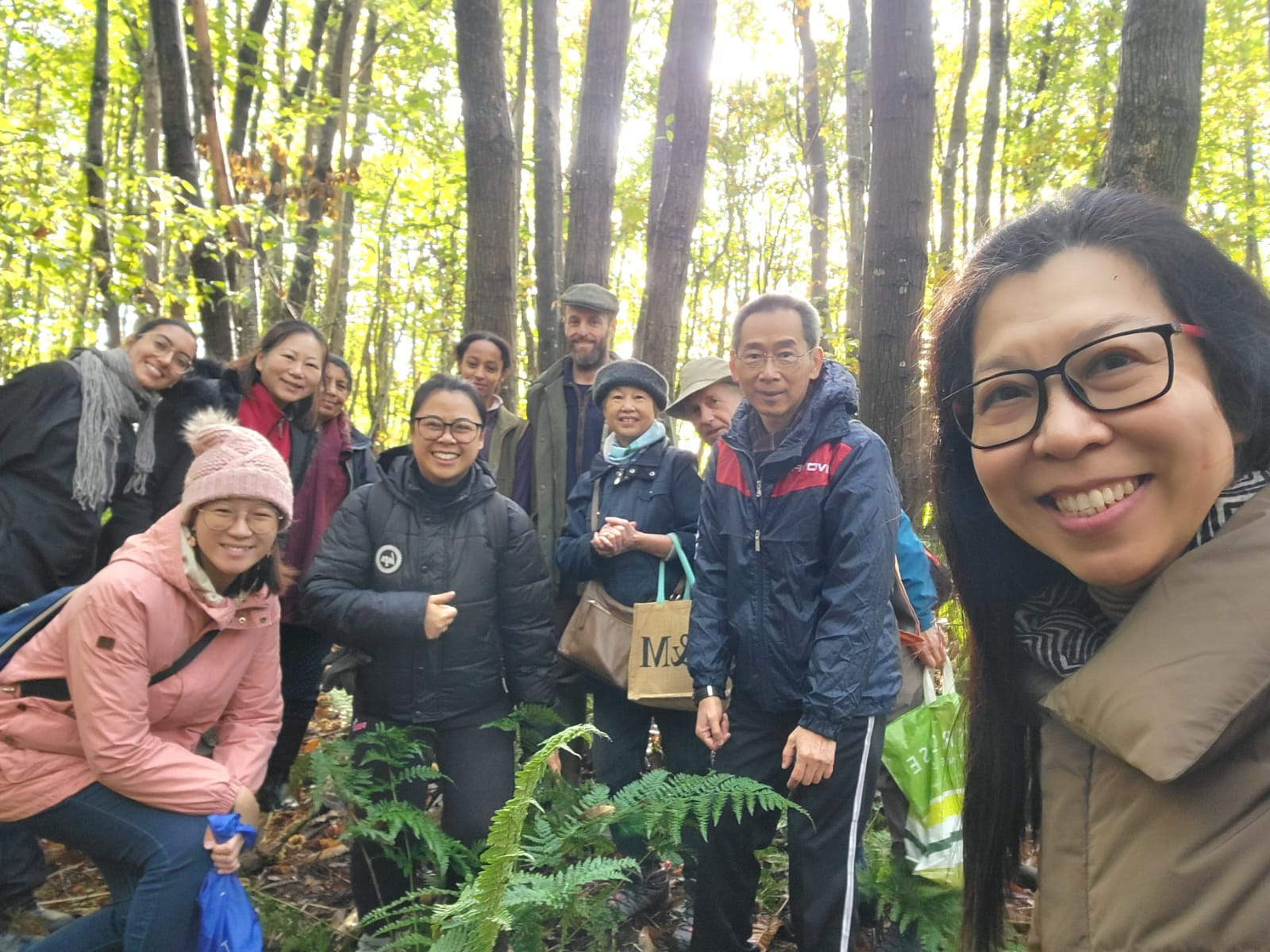
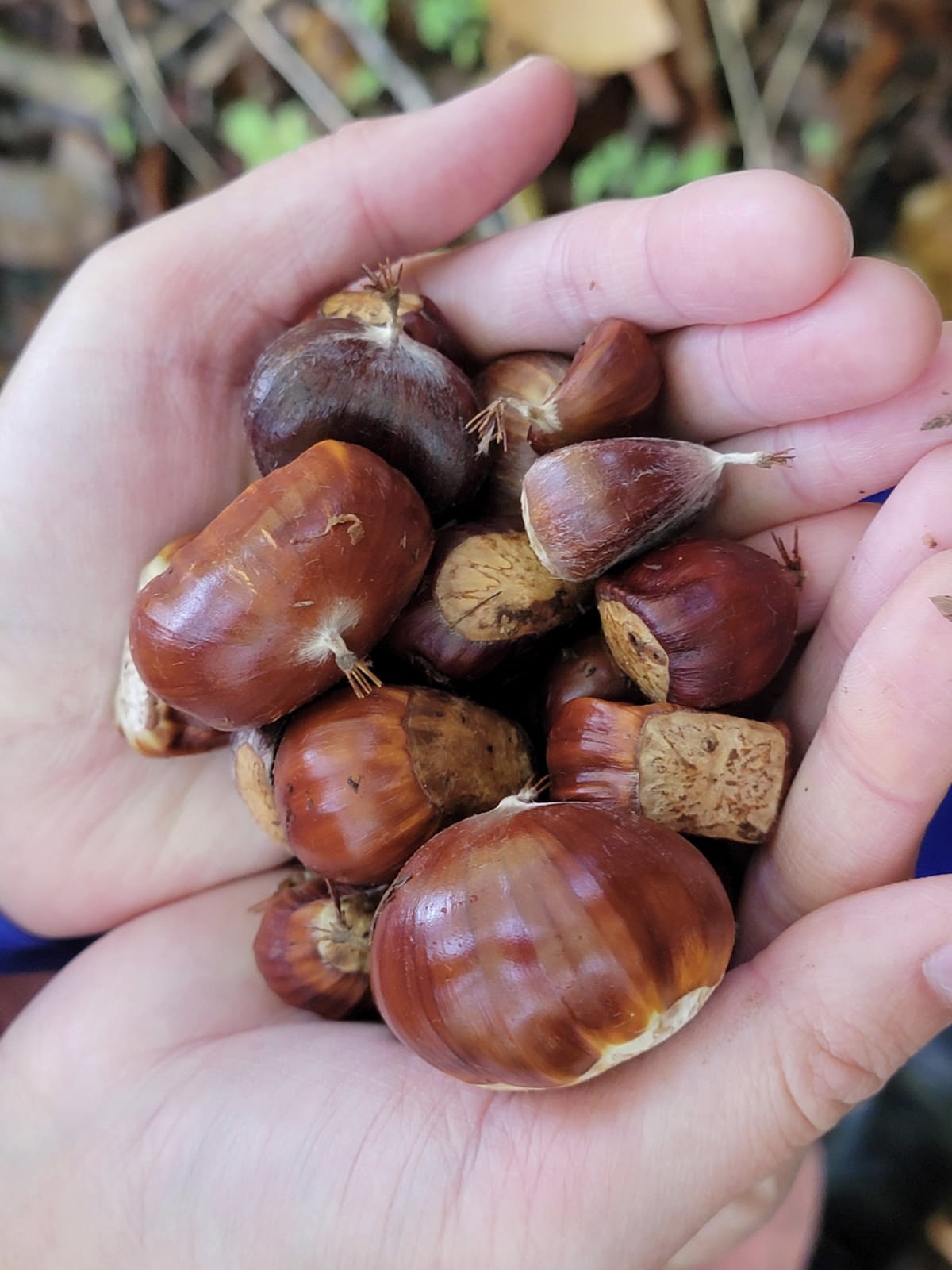
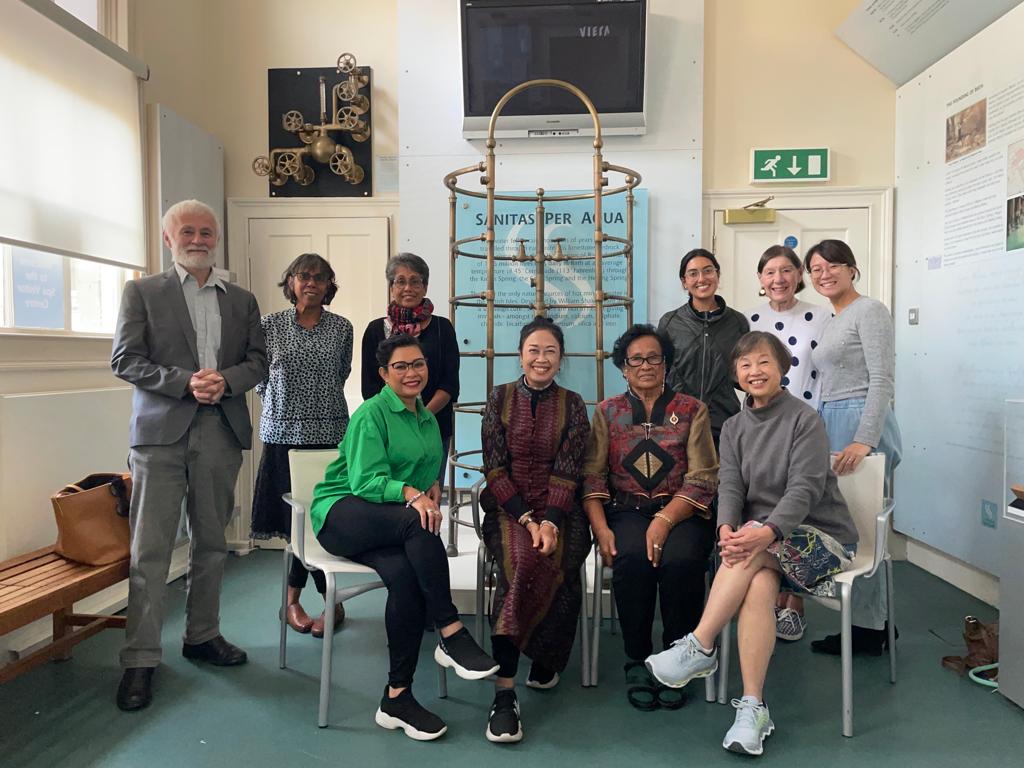
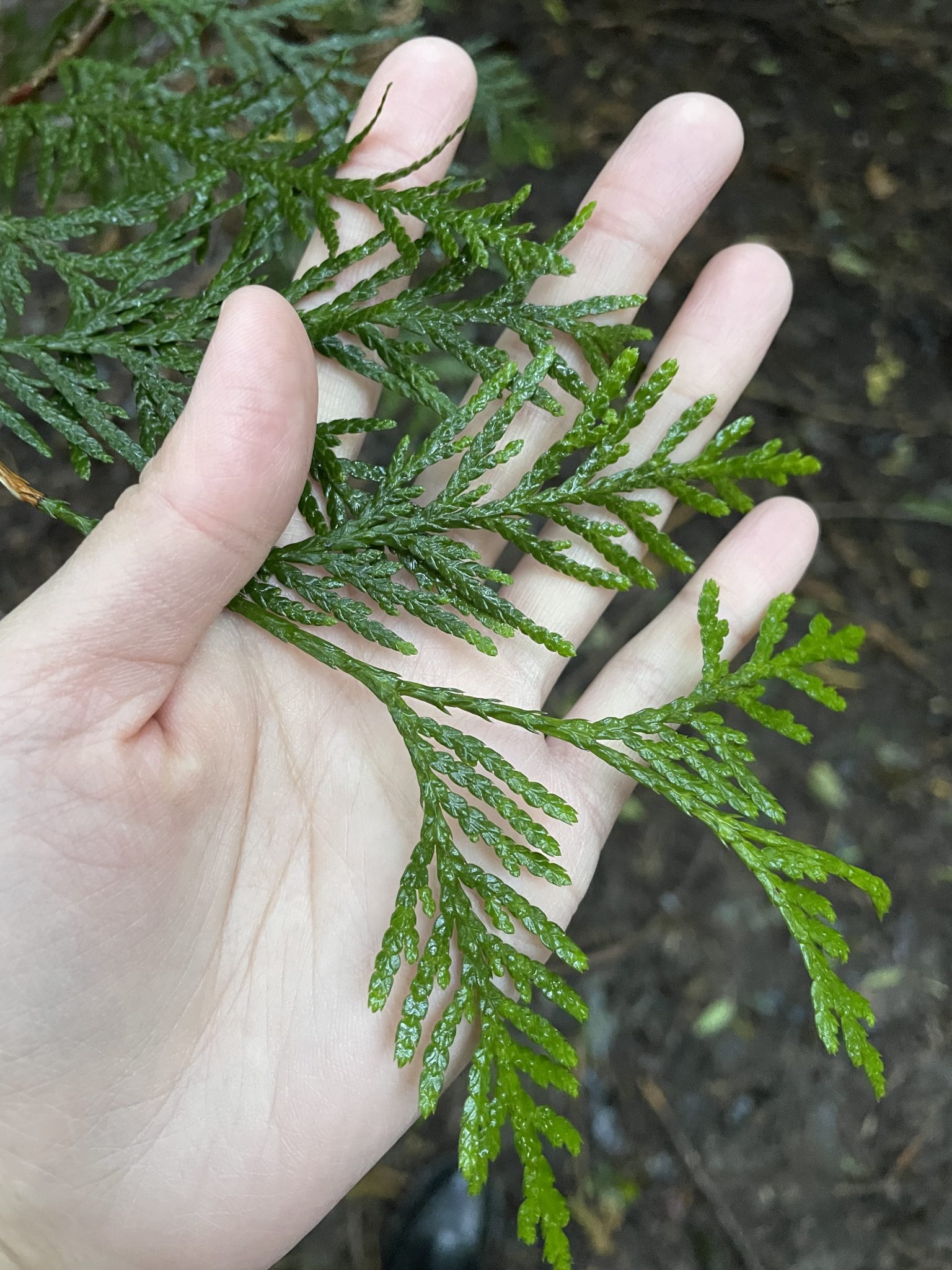
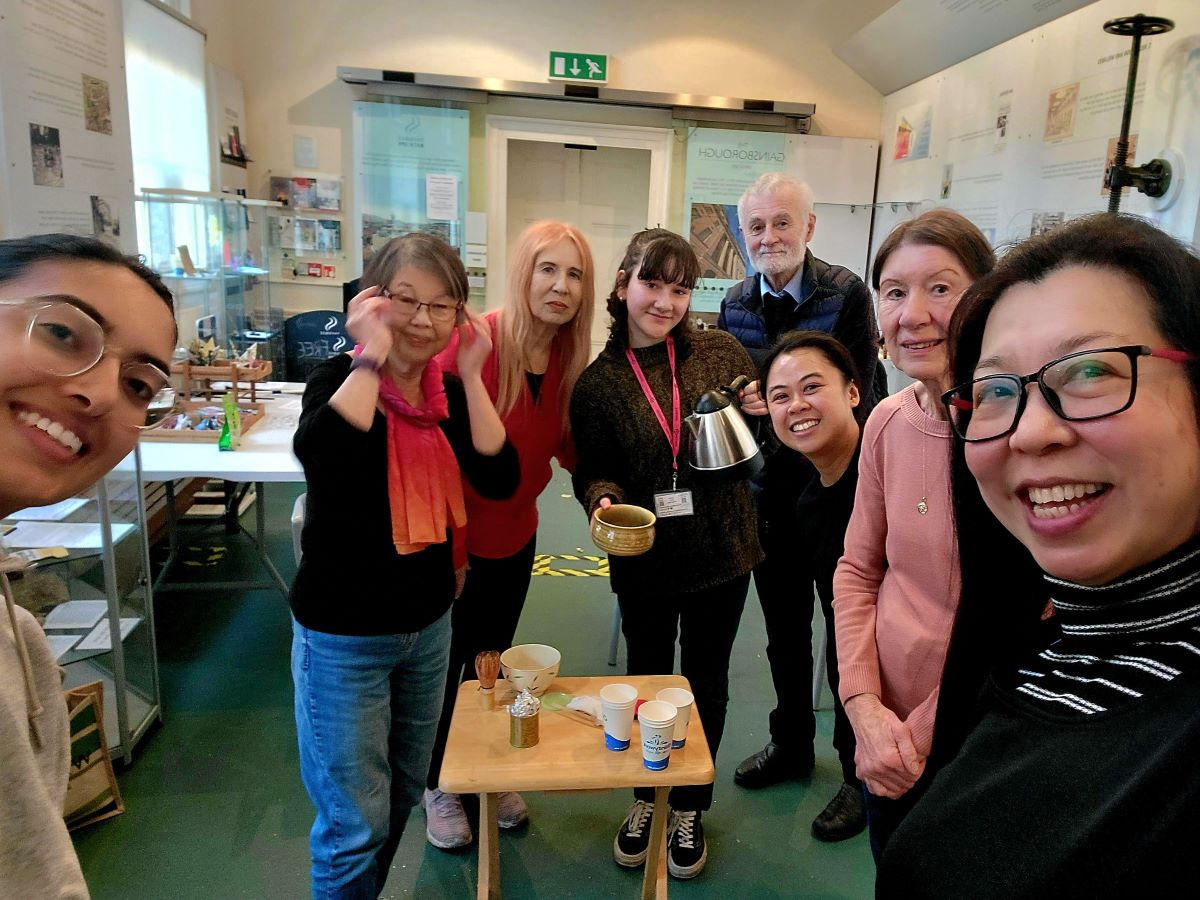
Introduction to Wellbeing
Wellbeing is a complex term that refers to the interdependence and combination of these core elements: physical, spiritual, emotional, mental, social, financial and environmental.
Our focus at Bath Medical Museum is on subjective wellbeing or in broad terms, happiness. We provide a warm, welcoming environment where participants can connect to each other through social interaction, share their ideas, knowledge and skills, as well as learn from each other. We look at perspectives of wellbeing from different cultures in creating self-awareness, mindfulness, and resilience.
All our activities are peer-led. Our participants come from diverse cultural backgrounds. We arrange occasional visits to places that enhance aspects of wellbeing and we encourage our visitors to share their reflections.
We do not offer advice or therapy on wellness.


